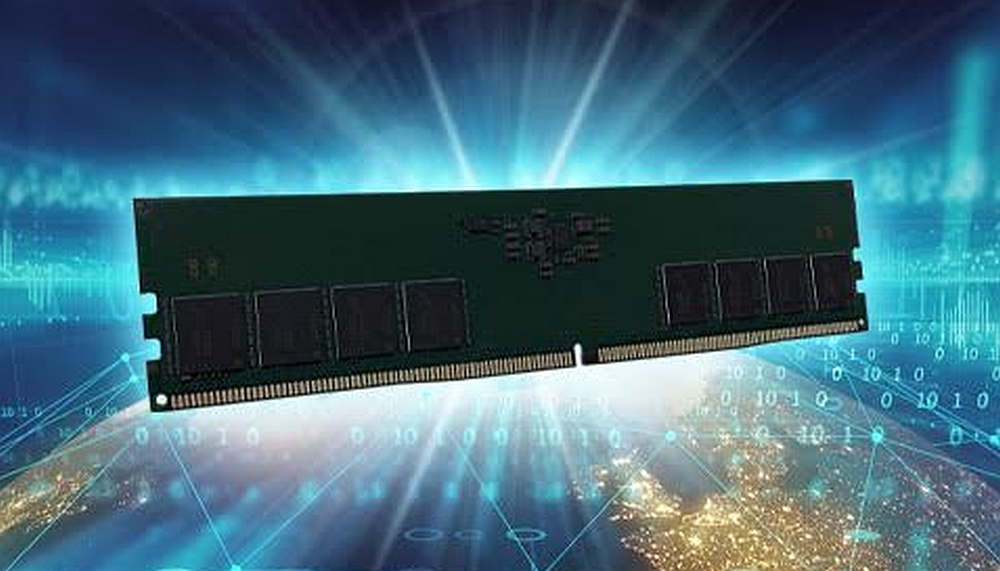16GB RAM could soon become the standard on PCs and laptops
Manufacturers shy away from 8GB DDR5 as 16GB becomes the norm

Sign up for breaking news, reviews, opinion, top tech deals, and more.
You are now subscribed
Your newsletter sign-up was successful
Update: Since the publication of this particle, other vendors - Apacer, Innodisk - have confirmed that they won't be selling memory modules smaller than 16GB. Innodisk cited the lack of interest for smaller capacities as the reason. The rest of the original article follows below.
2021 is set to be the year when DDR5 DRAM goes mainstream and Teamgroup has fired the first salvo. The company has announced it will release its first DDR5 product next year under the ELITE brand, with the launch potentially coming as early as the third quarter of 2021.
With both AMD and Intel likely to launch DDR5 compatible products next year, the Taiwanese module manufacturer is the first of many to come over the next few months.
What's more interesting is that they delivered some interesting details about the module itself, which will offer 16GB RAM memory running at 4.8GHz (or DDR5-4800) operating at 1.1V. That means a data transfer increase of up to 60% (3Gbps to 4.8Gbps) and a 10% reduction in power consumption.
- Check out the best RAM memory out there.
- These are the best system utilities for your computer
- Improve the speed of your PC with these free PC optimizers
ECC entry
What's more, all DDR5 memory will now come with on-die ECC (Error Correction Code) which is a feature commonly found in servers and workstations that self-corrects single-bit error and - in theory - improves system stability.
In a statement to TechRadar Pro, a spokesperson for Teamgroup comfirmed that the price will be higher than DDR4 (no surprise there) with SODIMM DDR5 modules on the platform schedule.
She also added that 16GB should be mainstream for DDR5 as per DRAM vendor's expectation, which can be translated as 16GB is likely to be the most popular SKU pushed by the vendors.
Sign up to the TechRadar Pro newsletter to get all the top news, opinion, features and guidance your business needs to succeed!
Hyperscalers, web hosting companies, cloud storage storage firms and IMC specialists will pay close attention to the price of DDR5 as ECC memory historically carry a significant price premium.
- Accelerate your workstation with these applications.

Désiré has been musing and writing about technology during a career spanning four decades. He dabbled in website builders and web hosting when DHTML and frames were in vogue and started narrating about the impact of technology on society just before the start of the Y2K hysteria at the turn of the last millennium.